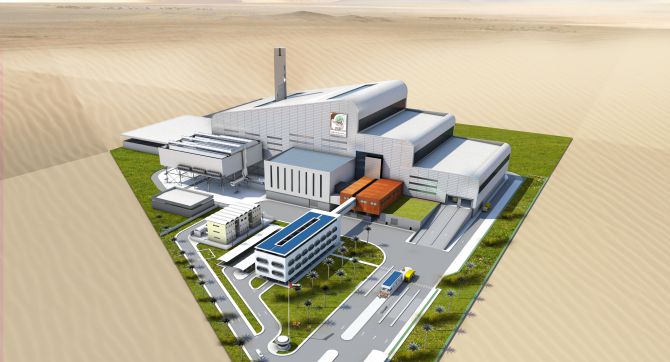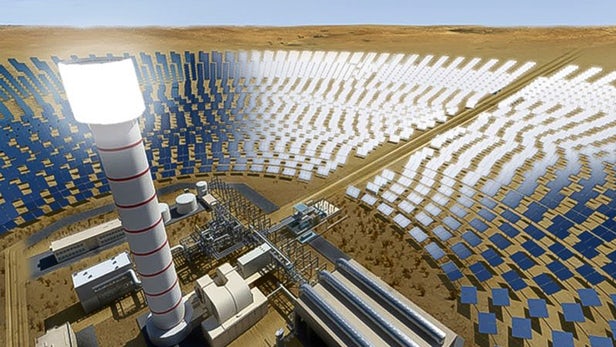
Fourth industrial revolution driven by robots is shaping urban spaces and urban life in response to opportunities and challenges in economic, social, political and healthcare domains.

Virgin Hyperloop One system will transport goods and people from Dubai to Abu Dhabi in 12 minutes.

The Gulf Cooperation Council just launched its first vertical farm in the glitzy emirate, and it uses 90 percent less water than traditional farming – a real boon for the water-scarce region.

In a massively ambitious project aimed at improving the health of its 3 million residents, the city of Dubai plans to sequence the DNA of its entire population.

When up up and running it is expected to treat up to 2 million tons of solid waste every year. This is almost 60% of Dubai’s annual garbage production.

On Monday, a German firm tested one of its two-seater Autonomous Air Taxi (AAT), which hovered for about five minutes approximately 200 meters off the ground.

The planned capacity is expected to grow to 5,000 MW by 2030, with the park eventually covering 214 sq km and reducing carbon emissions by 6.5 million tons per year.

Dubai police have deployed their first robotic officer as part of a long-term plan to automatize a large percentage of patrols.
Dubai plans on bringing the EHang 184, an autonomous quadcopter, to the city's skies by July.

When you’re aiming for a project to be the first, biggest, or best of its kind in the world, having an international team on the job can really help.

They like to do things big in Dubai, including a newly-approved concentrated solar power project that will generate 1,000 megawatts of power by 2020 and a whopping 5,000 megawatts by 2030.

It will save people millions of hours wasted during travel and increase the productivity of individuals